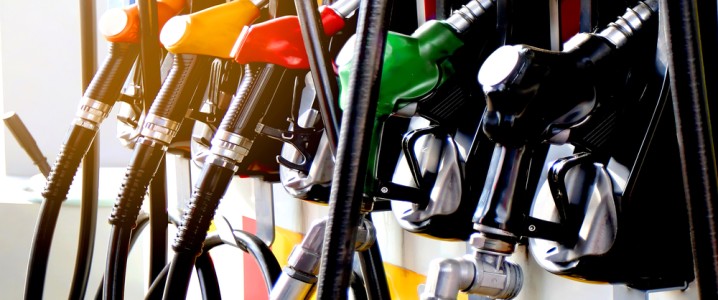The U.S. gasoline crack spread – a leading refining profitability indicator – slumped in October to the lowest level in nearly three years amid seasonally weaker American gasoline demand and the switch to the cheaper winter-grade gasoline, the Energy Information Administration said on Wednesday.

In October, the crack spread, or the difference between the price of a wholesale petroleum product and the crude oil price, averaged 16 cents per gallon, the lowest monthly average since December 2020.
The crack spread between New York Harbor RBOB and Brent Crude hit a summer high on July 27 at 94 cents per gallon. The spread has since dropped for two consecutive months in August and September, ending the month of September at 17 cents/gal, per EIA data.
The decline continued in October, due to lower gasoline consumption and above-average U.S. gasoline production.
EIA estimates suggest that U.S. refinery runs this year were above average in September and were near average in October.
“Despite the low crack spreads, refineries have continued to produce gasoline at an average rate because the other products they produce alongside gasoline have remained sufficiently profitable to continue gasoline production despite low demand,” the administration said.
Meanwhile, the national average price of gasoline has dropped to the lowest since March, with further potential to drop by up to 20 cents by the end of the year, fuel savings platform GasBuddy said on Tuesday.
Seasonally weaker demand and the switch to cheaper winter-blend gasoline are pushing U.S. gasoline prices lower despite the potential for further spikes in case of a widening Hamas-Israel conflict in the Middle East.
According to GasBuddy, “At $3.44 per gallon, the national average price of gas now stands at its lowest since March 28, and is projected to drop another 10 to 20 cents by the end of the year, while drivers in 33 states can now find at least one gas station at $2.99/gal or lower.”
By Charles Kennedy for Oilprice.com



